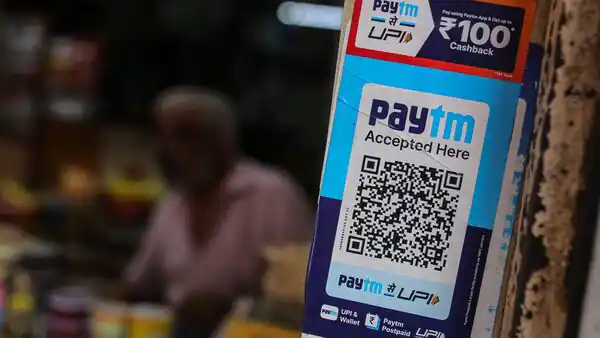Paytm has responded to the Reserve Bank of India’s order that imposes a list of restrictions on the company’s various services. The order impacts Paytm Wallets, Paytm FASTags, fund transfers, and more. Here is how this will affect you.
Paytm Payments Bank was imposed with a list of restrictions by the Reserve Bank of India on Thursday, January 31, for “persistent non-compliances and continued material supervisory concerns in the bank”. From what the press release of the central bank suggested, the move could affect Paytm Wallets, Paytm FASTags, money transfer, credit transaction, among other things, starting February 29. Existing users are to be unaffected, and so will be their balance amount with Paytm Payments Bank. Now, Paytm has also released an official statement explaining the RBI order. The company says that “PPBL is taking immediate steps to comply with RBI directions, including working with the RBI to address their concerns as quickly as possible.” Here is everything Paytm has said in its statement and how it will affect existing users.
Paytm explains the RBI order
Paytm says that the new move by the Reserve Bank of India does not affect the existing deposits or balance that users have in their savings accounts, Paytm Wallets, Paytm FASTags or mobility/transit cards. Users can continue to use this balance event after February 29.
Additionally, Paytm says that the platform will also continue to offer payment services to existing business owners and merchants in India. “One 97 Communications Limited’s (OCL) offline merchant payment network offerings like Paytm QR, Paytm Soundbox, Paytm Card Machine, will continue as usual, where it can onboard new offline merchants as well,” the company said in its press release.
Paytm further says in its press release that its parent company, One 97 Communications, plans to completely move to other bank partners, and will not work with Paytm Payments Bank –– the body that has received the restriction from the central bank. “Going forward, OCL will be working only with other banks, and not with Paytm Payments Bank Limited. The next phase of OCL’s journey is to continue to expand its payments and financial services business, only in partnerships with other banks,” reads the press release by Paytm.
The company says that it offers “acquiring services to merchants” with several banks in India and will continue to expand third-party bank partnerships. Meanwhile, OCL will also pursue partnerships with various other banks, to offer various payment products to its customers.
What happens to the existing Paytm customers?
Essentially, this means that post February 29, existing Paytm Payments Banks users will be unable to do operations like using credit, making deposits, fund transfers, UPI transactions, FASTag toll payments, bill payments, and wallet usage. However, even after February 29, they will be able to withdraw their existing balance in the Paytm Payments Bank, claim cashbacks, and refunds, or use any balance amount in their savings accounts, Paytm Wallets, FASTags or transit card services. Users will just not be able to add any money to these accounts and services after February 29.
Paytm Payments Bank currently hosts over 330 million wallet accounts and has 100 million monthly transacting users.
Paytm Payments Bank (PPBL), a digital banking service offering banking facilities and savings accounts, is an extension of Paytm. Established in 2017, it operates as a payments bank authorised by the Reserve Bank of India (RBI). The regulatory action is a response to persistent issues identified in the bank’s operations, as detailed in the audit report by the central bank. PPBL commenced its services in November 2017.










